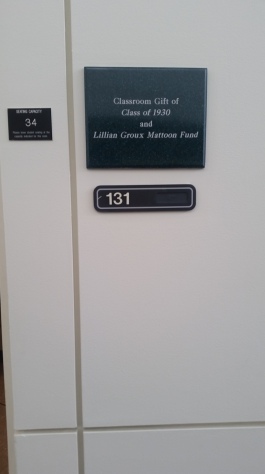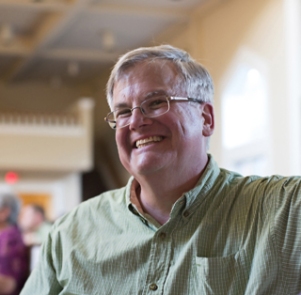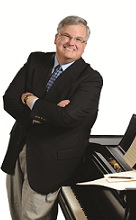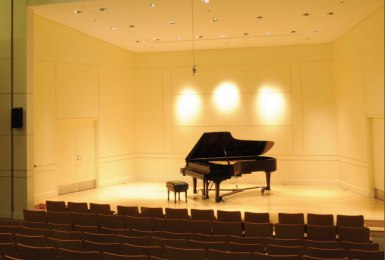College Update: What’s Happened
It’s been about a month now since I moved back to Plymouth State for my sophomore year! And in that month, things have changed. While I’ve been enjoying my sophomore year thus far, I need to address something pretty big that I took care of early on in the semester.
I’ve changed my major.
Yes, this should come as a surprise to many that were unaware of this. At the end of last semester, I was planned to be an interdisciplinary studies major focusing on Music and Business with the title of the contract being “Music Marketing & Production.” My career goal at the time was to become a producer working in the music industry while also composing and arranging new works and projects. For those who know me, you all know how hard I worked to become a music major in the form I was. And you also knew how much I loved music; whether if you’ve known me just in college or in high school especially.
You all must be asking, “Why did you change your major?” and “What’s your new major?”
Well, the reason I changed my major came from some thoughts I was having at the end of the summer. In August, about a week or so before move-in, when thinking about the semester ahead of me, I was questioning myself if I really had it in me to do all of the tasks I was going to do. Which surprised me given that my work ethic in my first year in my music related courses at PSU seemed to be very strong. I had been practicing and everything over the summer but I found myself in a situation I hadn’t found myself in since high school. So, thinking more in depth, one last question I asked myself was, “Am I enjoying this anymore?” And, to be honest, I didn’t think I was enjoying music as much as I used to. So, when the new semester was young, I talked with my advisors and they supported my decision to change my major.
Now for what my new major is.
Now that I’ve settled in, my new major comes from the College of Business Administration department here at PSU. I am now a Marketing major with my option being in Strategic Marketing. I also have picked up a minor in Communication and Media Studies! I went with this major because it was already in my Interdisciplinary Studies contract in some form as I had to take a few courses found in the Marketing contract. Alongside the fact that I liked the plan of working in the business field, specifically in marketing now, this wasn’t too hard of a decision to make. My overall career goal is still a bit blurry, but I know it’ll figure itself out overtime.
What happens now?
In terms of music, I am not involved with music in any way this semester. I’m taking this semester to get used to my new program and really think about all the options I could have with a degree in Marketing. I don’t think I’ll walk away from music entirely, as I’m considering returning to University Chorale next semester. That’ll be given more thought when the time comes. At most, music will be a hobby of mine from now on. I have nothing against music, all I’ve done is changed my major because I thought I’d be better off in the core business field and not solely in the music business.
I’m sure my life will still be filled with music in some capacity.
The future of this website is currently uncertain. I’ve created a new WordPress website which focuses more towards my personal life while presenting myself in a professional manner. It’s fairly new, so, it doesn’t have as much content as this website at the moment.
Outside of my academic changes, I’ve mentioned already that I’ve been enjoying my sophomore year. It’s been going smoothly and I couldn’t really ask for anything else! I’m looking forward to seeing what lays ahead of me in the near future.
My new website can be found here: stelioseleftheriou.wordpress.com
Thanks for reading!
– Stelios Eleftheriou

This work is licensed under a Creative Commons Attribution 4.0 International License.

 when properly aligned, the two disciplines work together very well. On the business side, there’s topics such as marketing that can be connected to music with how musicians can promote their own works to the public. There’s also contracting works that can be discussed within the two disciplines, as employees who work for record labels have to manage their own contracts when first joining the organization before they can attend to their position. So, while some people might believe that these two disciplines don’t work so well together, put some thought to it and they might realize how well they can blend!
when properly aligned, the two disciplines work together very well. On the business side, there’s topics such as marketing that can be connected to music with how musicians can promote their own works to the public. There’s also contracting works that can be discussed within the two disciplines, as employees who work for record labels have to manage their own contracts when first joining the organization before they can attend to their position. So, while some people might believe that these two disciplines don’t work so well together, put some thought to it and they might realize how well they can blend!
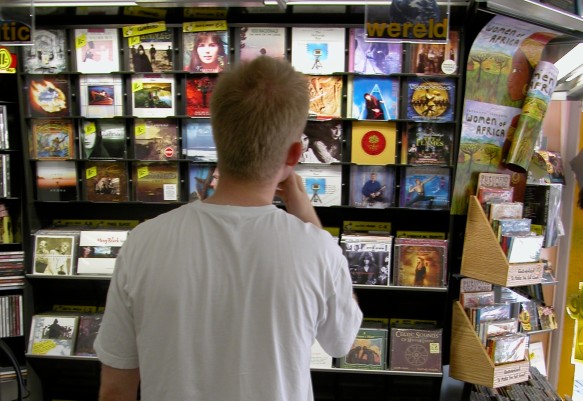


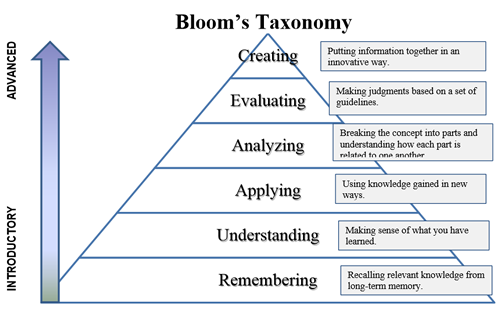

 instrument! Next, there are the first two semesters of Musicianship. As explained already, this course teaches the student about the structure of music and how it all works as it is a music theory course. Although Musicianship III and Musicianship IV are not listed, they will still be taken as electives because they serve as a pre-requisite for a select number of upper-level music courses. For example, they are a pre-requisite for both the Composition and Arranging courses. Composition will give me the skills and tools needed to be a proficient composer and the Arranging course will have me arrange current works while giving them my own, unique, twist to them.
instrument! Next, there are the first two semesters of Musicianship. As explained already, this course teaches the student about the structure of music and how it all works as it is a music theory course. Although Musicianship III and Musicianship IV are not listed, they will still be taken as electives because they serve as a pre-requisite for a select number of upper-level music courses. For example, they are a pre-requisite for both the Composition and Arranging courses. Composition will give me the skills and tools needed to be a proficient composer and the Arranging course will have me arrange current works while giving them my own, unique, twist to them.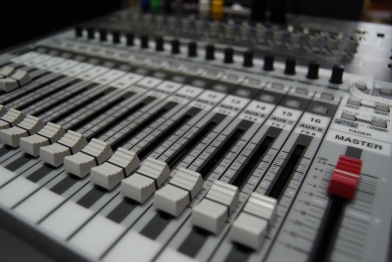 audio production for the performing musician. This course will serve as the TECO in my contract. There are other courses that expand upon the use of MIDI in this contract, too. These courses include Advanced MIDI and Film Scoring, and Introduction to Multitrack and Hard Disk Recording. The Advanced MIDI and Film Scoring course also has students introduced to film scoring techniques for multimedia projects. The Introduction to Multitrack and Hard Disk Recording course has students explore the recording aspect of music by using multi-tracking and hard disk recording while continuing to expand upon their knowledge of MIDI. As someone who wants to be a producer, having knowledge of these programs is important with how involved a producer is with recording and using programs such as MIDI. This can be also beneficial as a composer and/or an arranger since I would be scoring for multimedia projects such as films and television shows as well!
audio production for the performing musician. This course will serve as the TECO in my contract. There are other courses that expand upon the use of MIDI in this contract, too. These courses include Advanced MIDI and Film Scoring, and Introduction to Multitrack and Hard Disk Recording. The Advanced MIDI and Film Scoring course also has students introduced to film scoring techniques for multimedia projects. The Introduction to Multitrack and Hard Disk Recording course has students explore the recording aspect of music by using multi-tracking and hard disk recording while continuing to expand upon their knowledge of MIDI. As someone who wants to be a producer, having knowledge of these programs is important with how involved a producer is with recording and using programs such as MIDI. This can be also beneficial as a composer and/or an arranger since I would be scoring for multimedia projects such as films and television shows as well! to calculate the statistics, probability, probability distributions, sampling, hypothesis testing, analysis of variance and regression analysis of the company I’d be working for as a producer and see if I’m in the right fit with that said company. And lastly, there is Business Innovation. Which will teach me about the body of knowledge in business such as effective teamwork and design thinking. The course will also have me consider and analyze successful and failed innovation initiatives. Similar to the music side, there will be other courses that I can look into for business, but they will be taken as electives and will be determined later on in my time at PSU.
to calculate the statistics, probability, probability distributions, sampling, hypothesis testing, analysis of variance and regression analysis of the company I’d be working for as a producer and see if I’m in the right fit with that said company. And lastly, there is Business Innovation. Which will teach me about the body of knowledge in business such as effective teamwork and design thinking. The course will also have me consider and analyze successful and failed innovation initiatives. Similar to the music side, there will be other courses that I can look into for business, but they will be taken as electives and will be determined later on in my time at PSU.

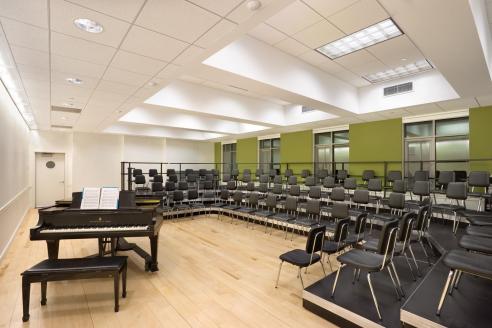
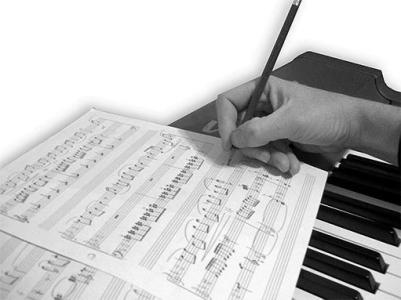
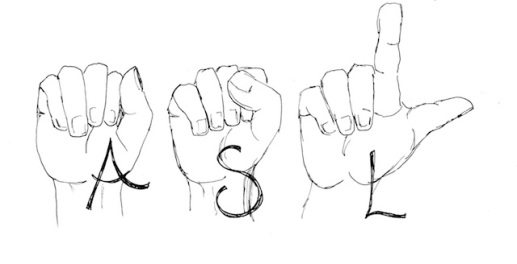
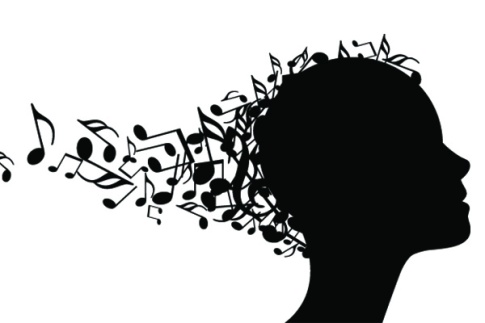
 The one I decided to look further into was one about actress Allison Scagliotti. While she’s had quite the career as an actress (She played Mindy Crenshaw on Drake and Josh!) she’s also an accomplished musician. Scagliotti specializes in guitar and voice next to her acting career as she attended New York University for film studies and is currently enrolled in Berklee’s online program where she is an Interdisciplinary Music Studies major. She started playing piano at age seven and she gives a short list of influences during this interview. Her influences include: Robert Johnson, the Rolling Stones, “any incarnation of a Jack White band,” the Pixies, Nirvana, Radiohead, Steppenwolf and The Runaways (Kravitz).
The one I decided to look further into was one about actress Allison Scagliotti. While she’s had quite the career as an actress (She played Mindy Crenshaw on Drake and Josh!) she’s also an accomplished musician. Scagliotti specializes in guitar and voice next to her acting career as she attended New York University for film studies and is currently enrolled in Berklee’s online program where she is an Interdisciplinary Music Studies major. She started playing piano at age seven and she gives a short list of influences during this interview. Her influences include: Robert Johnson, the Rolling Stones, “any incarnation of a Jack White band,” the Pixies, Nirvana, Radiohead, Steppenwolf and The Runaways (Kravitz).


